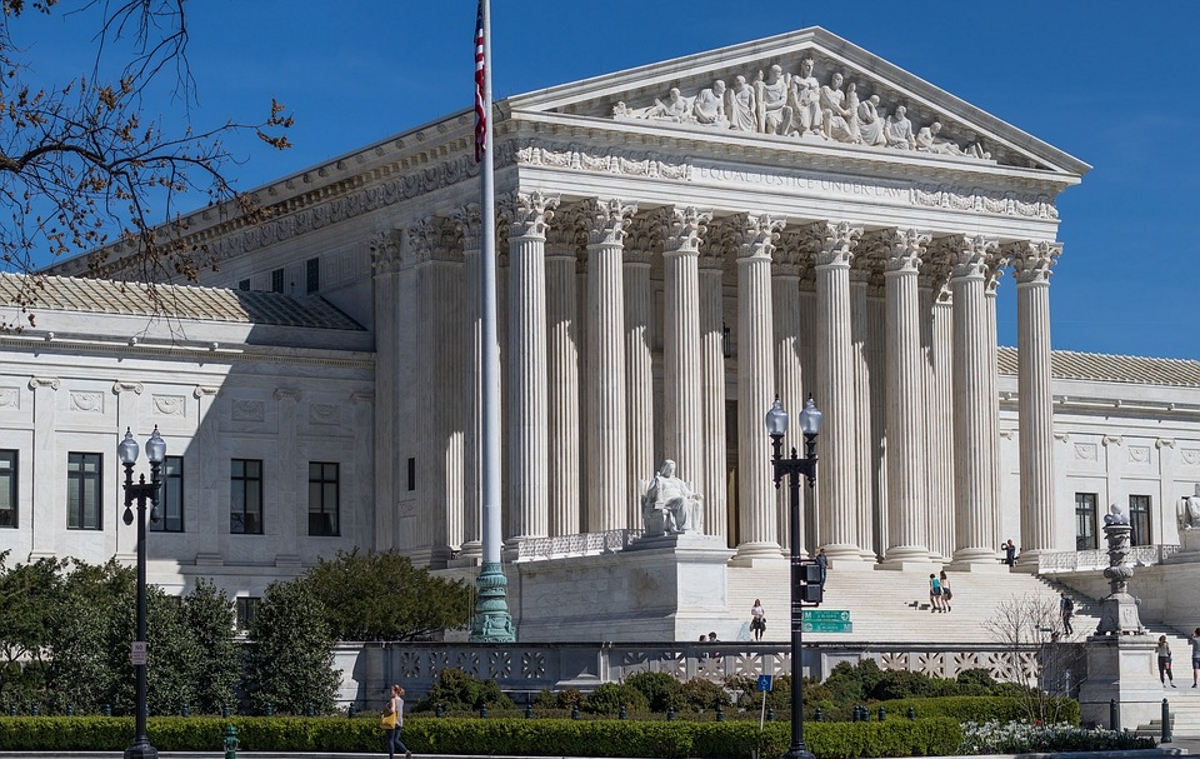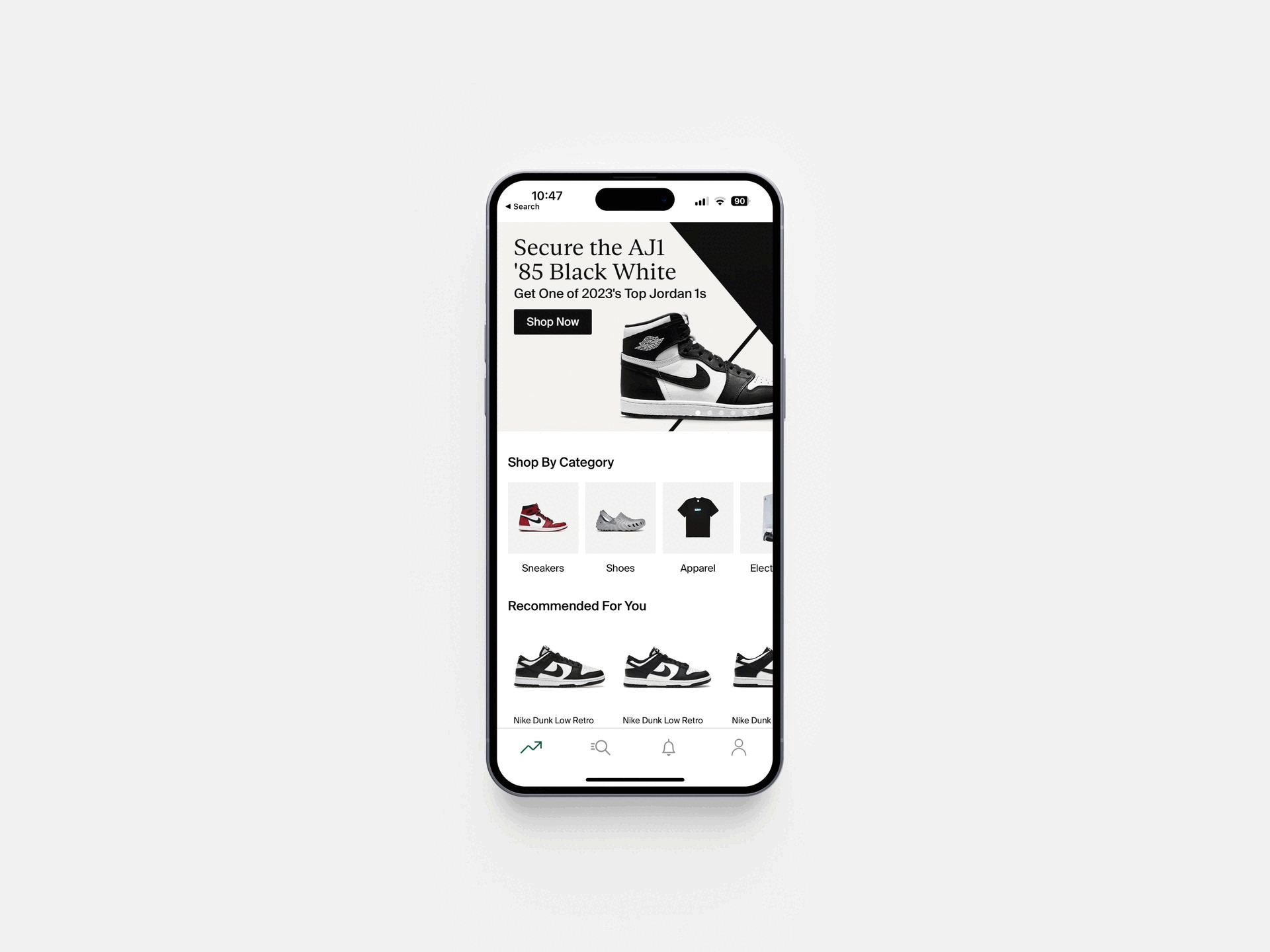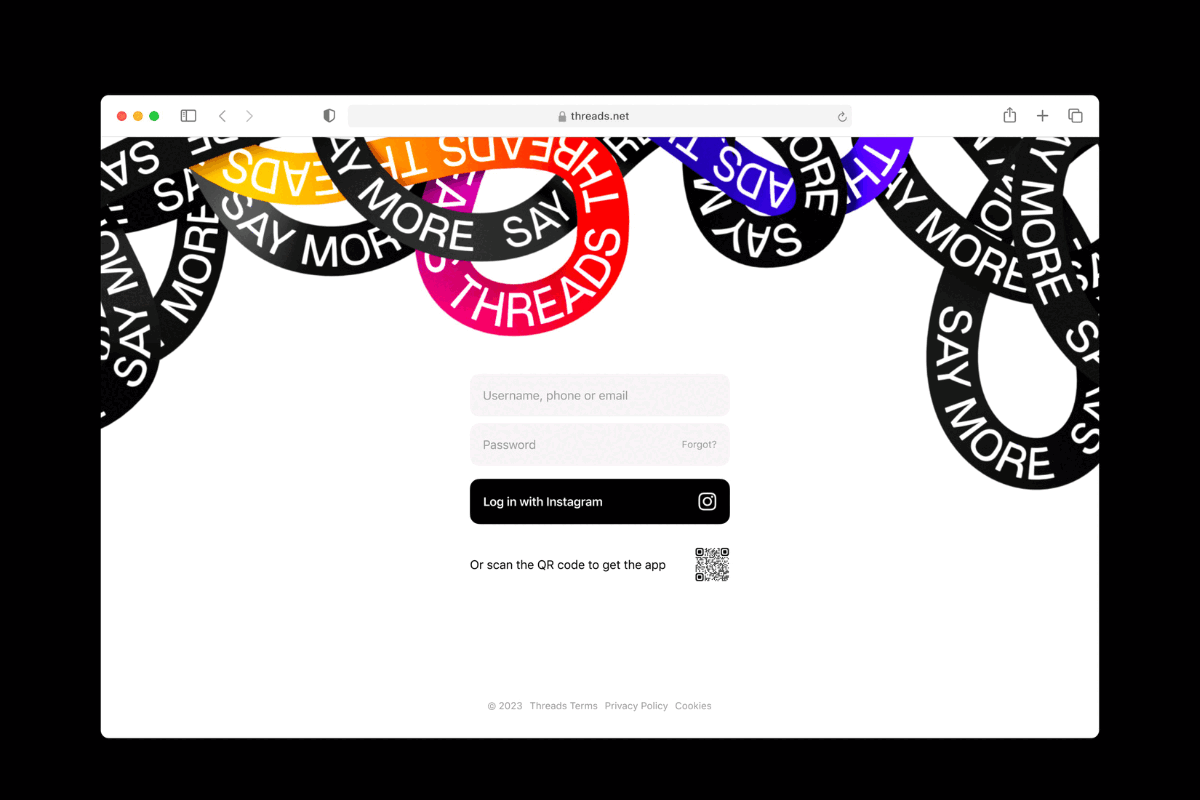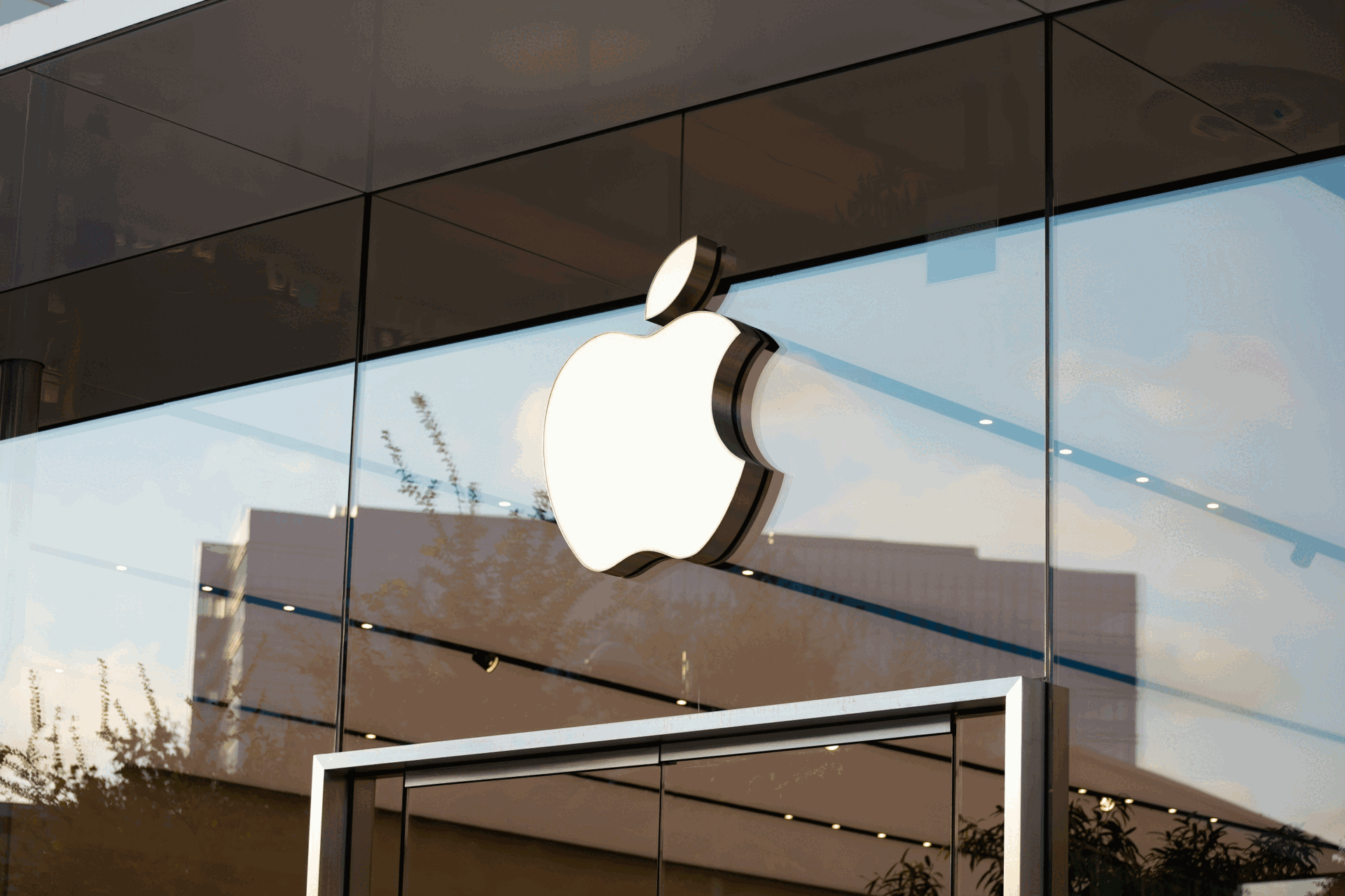iPhone users can sue Apple over antitrust violations, rules US Supreme Court
- Monday, May 13th, 2019
- Share this article:

The US Supreme Court has voted in favor of allowing a group of iPhone owners to bring an antitrust lawsuit against Apple, after the group claimed the tech giant is using its power to monopolize the App Store. The Supreme Court ruled 5-4 against Apple on Monday, after the iPhone users argued that Apple’s 30 per cent commission on App Store purchases leads to hiked prices and is an abuse of power.
In its defense, Apple stated customers were purchasing apps from developers, and those developers were in charge of setting prices. The court, led by Justice Kavanaugh, came back and said that Apple must take responsibility since it contracts those third-party developers and still gets its 30 per cent commission for each sale of the 2m apps on the App Store. The court also said that by ruling in favor of Apple, it would be preventing consumers from suing against a monopoly.
“If a retailer has engaged in unlawful monopolistic conduct that has caused consumers to pay higher-than-competitive prices, it does not matter how the retailer structured its relationship with an upstream manufacturer or supplier—whether, for example, the retailer employed a markup or kept a commission,” said the court.
Apple has previously run into trouble with other companies for taking such a large cut of App Store purchases. Spotify has been extremely vocal about its issue with Apple taking money from subscriptions made via the App Store, and even released a video asking potential customers to not subscribe on iOS. Netflix and Amazon followed suit, making most purchases unavailable via the App Store.
iPhone users who wish to move forward with the antitrust lawsuit can do so under the precedent set by Illinois Brick Co. v. Illinois, an antitrust case from 1977. Apple’s stock has dropped 5 per cent since the ruling was announced.
















